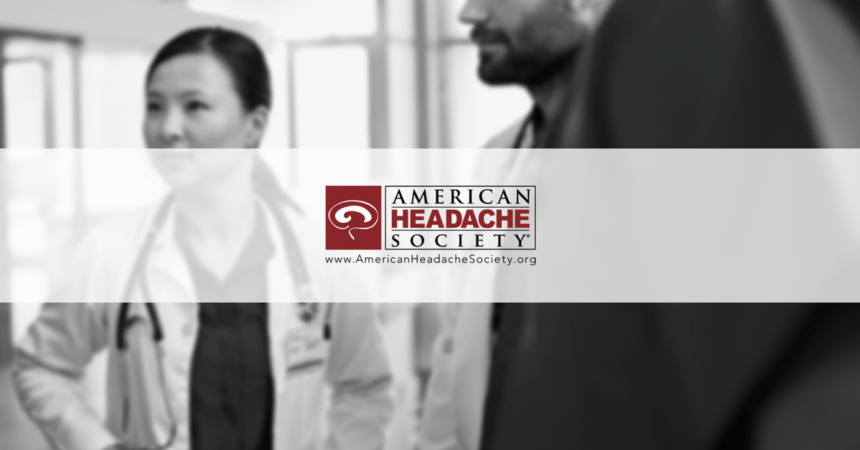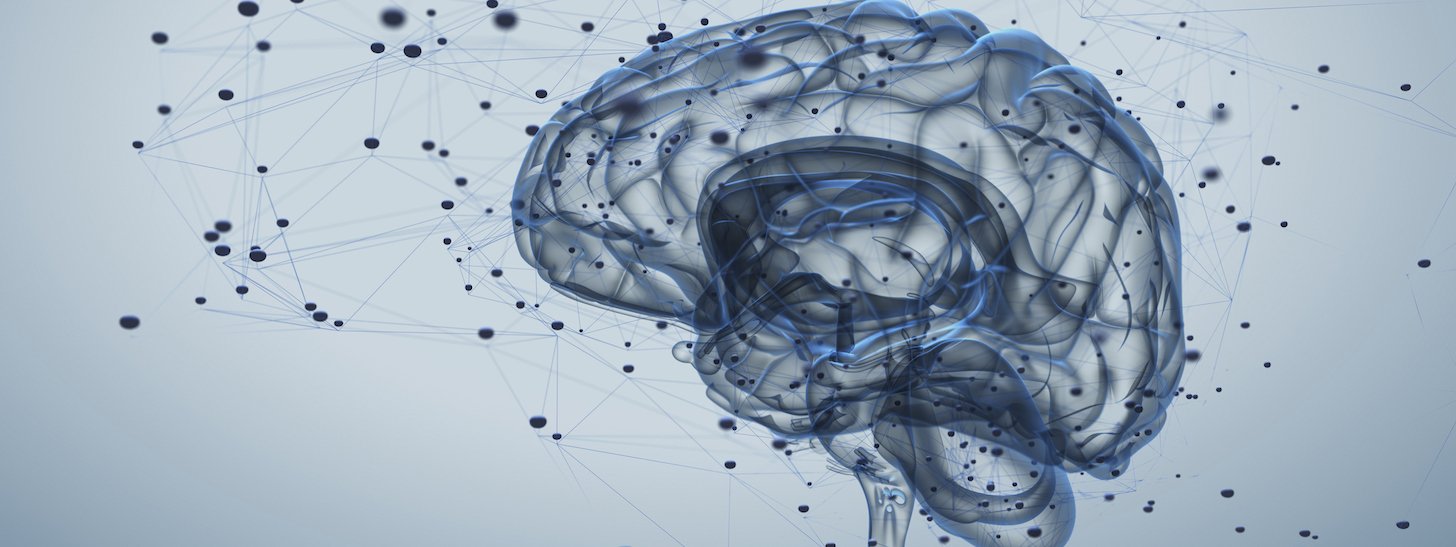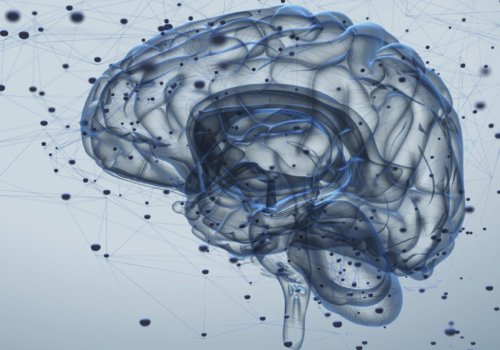
American Migraine Foundation Facebook Live Round Up – April
Information and advice from AHS Members on the #MoveAgainstMigraine
Because migraine is an invisible disease, many of the 37 million people affected suffer in silence every day. In order to break the stigma, our goal is to educate our patient communities in every way we can. Last month, five AHS doctors hosted 30-minute long Facebook Live events with the American Migraine Foundation, providing crucial information to patients with migraine from across the country.
Shivang Joshi, MD, explained how sleep hygiene, proper hydration and vitamin combinations can make a substantial impact on a comprehensive migraine treatment plan. To clear up confusion on what exactly constitutes as overuse, Thomas Berk, MD, gave an in-depth talk on rebound headache. Jessica Kiarashi, MD, detailed the inpatient headache care process via emergency department and elective admission. J. Ivan Lopez, MD, touched on many of the different vitamins, minerals and prescription medications patients can use to prevent migraine. ENT-otolaryngologist Frederick Godley, MD, FACS, shared how his experience as an ear, nose and throat doctor led him to an interest in migraine.
Thank you to all the doctors that donated their time and resources. Learn more about the discussions below.
Non-Pharmacological Approaches to Migraine Management
Shivang Joshi, MD, MPH, Neurologist and Headache Specialist at the Dent Neurologic Institute, offered advice on how patients with migraine can work non-pharmacological treatment options into their daily routine. Issues like conflicting medications, previous adverse reactions and other medical conditions can often prevent patients from using prescription migraine medications. When those circumstances arise, it is important to make your patient aware of the non-pharmacological prevention methods available. During his talk, Joshi explained how good sleep hygiene, proper hydration and certain vitamin combinations can all play an important role in comprehensive migraine treatment plans.
Rebound Headache
Thomas Berk, MD, Clinical Assistant Professor at the NYU Langone Health Center Department of Neurology, explained how different drugs can cause the development of medication overuse headache, also known as rebound headache or MOH. Narcotics, triptans and over-the-counter medications were all discussed in depth to provide a clear look at their true risk. Because overuse is an indistinct term, many patients requested information on what that might mean for all of the specific drugs discussed. Berk provided answers for those questions, and gave other unique insights he gained while treating patients as a headache specialist.
Inpatient Headache Treatment
Jessica Kiarashi, MD, Chief Resident at Montefiore Medical Center, gave insights on the steps headache specialists normally take when deciding whether or not to hospitalize a patient with migraine or severe headache. Many patients with migraine do not know what to expect when seeking inpatient treatment for migraine, adding to the already heightened anxiety that comes with living with an invisible disease. Kiarashi began by explaining how patients with migraine can expect to be triaged into hospitalization after seeking treatment at an emergency department. She also explained how patients can bypass the emergency room by creating an elective admission plan. Read the full recap here.
Migraine Prevention
J Ivan Lopez, MD, Professor and Neurologist at the University of South Alabama Health System, described various vitamins, minerals and prescription medications patients can take to help prevent the onset of migraine. Prior to explaining these options, Lopez stressed the importance of a balanced diet, exercise and sleep schedule to a successful migraine prevention plan. He then touched on different oral preventatives he has recommended to his patients in the past, providing some easy to digest information on how and why they work. Read the full recap here.
Treating Migraine as an ENT Specialist
Frederick Godley, MD, FACS, an ENT-otolaryngologist practicing in Providence, Rhode Island, who developed an interest in migraine after treating patients who sought his treatment for what seemed to be recurring sinus infection, but turned out to be migraine. Migraine can present with a variety of symptoms that often mimic other ailments, such as Meniere’s disease or even benign positional vertigo. During his talk, Godley explained how these symptoms can be caused by an underlying head pain disorder and why it is important for the migraine community to raise awareness on the topic.
The #MoveAgainstMigraine campaign has created an only community of over 60,000 migraine patients and advocates. To help change the conversation surrounding migraine, they host weekly 30-minute long Facebook Live discussions with headache doctors and specialists. AHS members interested in hosting an event can fill out this form. Make a measurable impact on the migraine community and sign up today.


